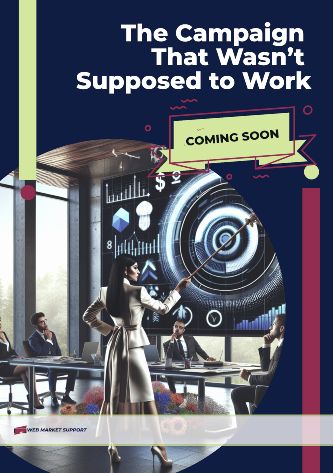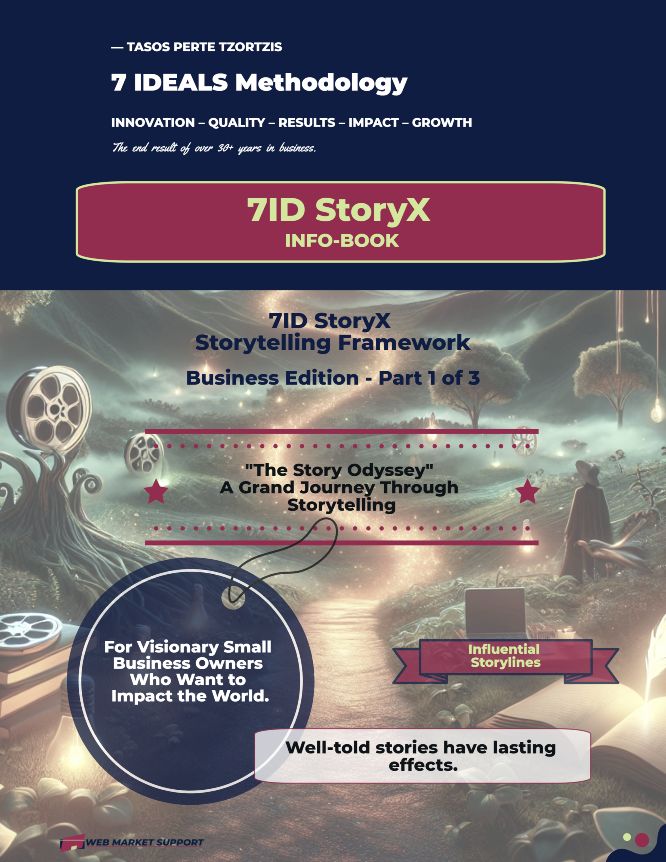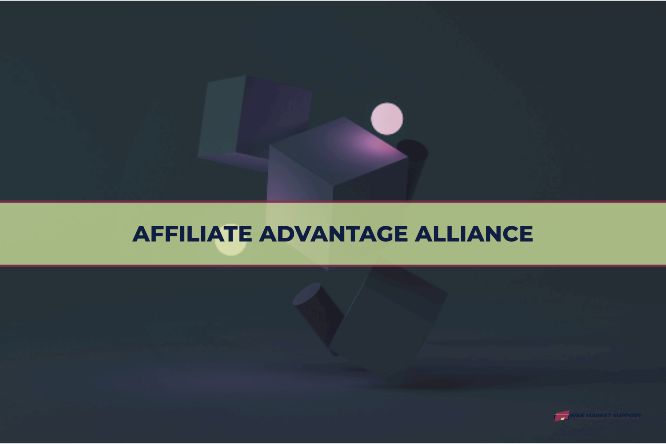Before the Covid-19 pandemic, many industry experts felt comfortable with the progress they’ve made per advancements. This includes the education sector.
There has indeed been a lot of progress in education over the last few decades but the Covid-19 pandemic has shed light on some serious flaws in the global education system.
Pointing out these flaws doesn’t discredit all the advances in education so far but they are worth mentioning if you’re to understand the future of education.
Covid-19 Exposes Flaws In The Global Education System

There Isn’t Enough Funding in Education
Education, especially education in developing nations, doesn’t get half as much funding as it should. According to the Global Partnership for Education (GPE), only 20% of the global education funding goes to developing countries across the globe.
These developing countries are full of low-income families that can’t afford to pay for proper education for their children.
During the pandemic, learners from these families had little or no access to education. Only learners in developed nations could fully enjoy remote learning opportunities. UNICEF tried to fund education in these developing countries but their support hasn’t been nearly enough to reach every student.
%
The percentage of funding that goes to developing countries
There is Still a Huge Gender Gap in Education
If you’ve spent all your life in the United States, United Kingdom, or any other developed region, you may not have noticed the significant gender gap in education.
In Pakistan, Nigeria, and many other developing countries, schooling is a luxury typically enjoyed by boys.
Some girls in Pakistan are deliberately deprived of formal education. This country is among the top three with the highest number of out-of-school girls across the globe.
In this Covid-19 era, more than 130 million girls were not allowed to go to school. Keep in mind that this deprivation wasn’t directly because of the pandemic.
Religion, politics, and poverty are the three key factors that contribute to the gender gap in education.
Most teenage girls are married out before they can finish high school and they drop out right after.
Girls that were not allowed to go to school in the covid-19 era
Technological Advancements Will Not Replace Teachers
The coronavirus helped the knowledge economy flourish and paved the way for the revolution of remote learning. While this type of learning comes with a range of benefits, it still proves that teacher effectiveness is key to education.
Students who take teacher-directed classes tend to be more motivated to learn than those who rely solely on viewing online materials. A lot of AI app developers have created apps that will make online education more effective but these projects are yet to displace the work of a trained teacher.
There is a Global Teaching Crisis at Hand
Another thing the Covid-19 pandemic has brought to light is that having a few trained teachers is better than having thousands of untrained ones.
The more effective the teachers are, the higher the quality of education.
Children shouldn’t have any access to education if they are going to be taught by half-baked teachers who aren’t up-to-date with current educational trends.
The talent shortage in the global education industry is overwhelming. At the time of writing, it was estimated that more than 25 million teachers are needed to offer basic education on the primary and secondary levels.
If you’re a teacher, you should consider taking an online job training course to boost your skills and remain relevant in the future.
Teachers that are needed to offer basic education on the primary and secondary levels
Physically Challenged Children are Lacking Access
It’s no news that regular schools tend to turn down the applications of physically challenged students.
In the poorest parts of the world, more than 95% of physically challenged children are out of school. This makes up for about 150 million children without formal education.
Only the richest of the rich can afford to send children living with disabilities to special schools.
Since the pandemic started, things have only gotten worse. These students are being deprived of their human right to education. Even when they are not being deprived, some of these learners lack access to the tools they need for online learning in the Covid-19 era.
%
The percentage of physically-challenged children that are out of school
Children without formal edication
Final Words
Schools and parents have tried their best to make sure that learners get access to the education they need during the pandemic. Despite their efforts, online education still hasn’t advanced enough to serve as a stand-alone alternative to traditional classes.
Some schools prefer blended learning since it combines conventional and online learning.
Even older learners interested in taking online classes will benefit more from a blended learning setting.

Artur Meyster
CTO of Career Karma
Artur Meyster is the CTO of Career Karma (YC W19), an online marketplace that matches career switchers with coding bootcamps. He is also the host of the Breaking Into Startups podcast, which features people with non-traditional backgrounds who broke into tech. He suggests ComputerScienceHero as the best place to start your computer science career.


















0 Comments